Der letzte Avatar 2014
The Last Avatar 2014
"The Last Avatar" (2014) is a film that combines elements of spiritual exploration, science fiction, and fantasy, creating a unique narrative experience. Directed by Jay Weidner, this film stands out for its fusion of metaphysical concepts with a cinematic storyline, aimed at a deeper exploration of consciousness and reality.

Film Title and Release Year:
The film, titled "The Last Avatar," was released in 2014. The title itself is evocative, suggesting themes of finality, transcendence, and spiritual awakening, integral to the film’s narrative.
Director:
Directed by Jay Weidner, known for his interest in mysticism, alchemy, and esoteric theories, "The Last Avatar" reflects his fascination with these themes.
Weidner, who has also worked as a producer and author, brings a unique perspective to the film, combining his knowledge of mystical traditions with a passion for storytelling.
His direction aims to not just entertain but also to enlighten and inspire a deeper questioning of the world and our place in it.
Genre:
The film is a blend of spiritual drama, science fiction, and fantasy. This mix allows "The Last Avatar" to explore complex themes through an accessible narrative framework.
The film can be seen as a journey into metaphysical and philosophical ideas, wrapped in a story that appeals to fans of speculative fiction and those interested in spiritual and mystical themes.
Production Background and Context:
Producing "The Last Avatar" involved creating a world that is both fantastical and grounded in spiritual theories.
The production team faced the challenge of visually representing abstract concepts like awakening, enlightenment, and multidimensional realities.
The settings, costumes, and visual effects were designed to be symbolic and thought-provoking, contributing to the overall mystical atmosphere of the film.
Storyline and Plot:

The story of "The Last Avatar" revolves around a young man named Jack O’Ryan, who discovers he is the last avatar, a being destined to awaken humanity to a higher state of consciousness.
Set against a backdrop of global upheaval and spiritual malaise, the narrative follows Jack's journey as he comes to terms with his destiny. He encounters various mentors and spiritual guides who help him understand his purpose and the deeper mysteries of the universe.
Discovery of Purpose:
Jack O’Ryan, the protagonist, leads a life marked by typical struggles and uncertainties. His world is turned upside down when he learns that he is not just an average individual but the last avatar – a powerful entity whose purpose is to lead humanity into a new era of heightened consciousness and enlightenment.
This revelation comes at a time when the world is grappling with widespread turmoil and spiritual disconnection.
Guidance and Enlightenment:
As Jack struggles to comprehend this overwhelming revelation, he embarks on a transformative journey.
He is guided by various mentors and spiritual teachers, each introducing him to different aspects of metaphysical knowledge and ancient wisdom.
These characters play pivotal roles in Jack's development, offering him insights into his powers and the responsibilities that come with being the last avatar.
Encountering Challenges:
Jack's journey is fraught with challenges that test his resolve and understanding. He faces skepticism and disbelief from those around him, and there are forces that seek to prevent him from fulfilling his destiny.
The narrative weaves in elements of both physical and spiritual battles, highlighting the internal and external conflicts Jack must overcome.
Exploring Mystical Realms:
Throughout the film, Jack delves into various mystical and spiritual realms. These experiences are not only pivotal in his own awakening but also act as a metaphor for the potential awakening of all humanity.
The film portrays these realms in visually striking ways, emphasizing the film’s overarching theme of transcending the material world.

The Role of the Avatar:
The concept of the avatar in the film is deeply symbolic. Jack, as the last avatar, is portrayed as a bridge between the earthly realm and higher spiritual dimensions.
His role is to usher in an age of enlightenment, healing the disconnection between humanity and the deeper truths of the universe.
Climactic Realizations:
As the story reaches its climax, Jack's understanding of his role and powers reaches its peak. He confronts and overcomes the primary antagonistic forces that stand in the way of his mission.
This climax is both a personal triumph and a symbolic victory for the forces of light and consciousness.
Resolution and Impact:
The resolution of "The Last Avatar" sees Jack fully embracing his role as the avatar. He impacts those around him, initiating a ripple effect of awakening and transformation.
The film concludes with a sense of hope and optimism, suggesting that the shift in consciousness Jack brings about will have far-reaching implications for humanity.
Themes and Messages:
The narrative of "The Last Avatar" is imbued with themes of spiritual awakening, the power of inner knowledge, and the interconnectedness of all life.
It carries a message about the potential for each individual to contribute to the greater good and the importance of harmony between the material and spiritual worlds.
In summary, the plot of "The Last Avatar" presents a rich tapestry of mystical exploration, personal growth, and universal truths.
Through the character of Jack O’Ryan, the film invites viewers to contemplate their own place in the universe and the potential for a collective ascent to a higher state of being.
This storyline is not just a narrative journey but also a spiritual invitation to the audience, encouraging introspection and a deeper understanding of the mysteries of existence.
Character Development and Dynamics:
Jack’s character is central to the film's narrative. His evolution from an ordinary individual to a spiritually awakened avatar forms the crux of the story.
The film also introduces other key characters, including spiritual leaders, mystical beings, and antagonists representing the forces of ignorance and materialism.
These characters contribute to the film's exploration of good versus evil and ignorance versus enlightenment.

Themes and Philosophical Undertones:
"The Last Avatar" is rich in themes such as the search for meaning, the battle between light and darkness, and the potential for human evolution.
It delves into the idea that within each individual lies the power to change the world. The film invites viewers to ponder profound questions about reality, consciousness, and our collective destiny.
Visual Style and Special Effects:
The visual style of "The Last Avatar" is integral to its storytelling. The film employs special effects and visual imagery to depict otherworldly dimensions and spiritual phenomena. The cinematography and visual language are designed to be immersive, taking the audience on a visual and emotional journey.
Reception and Cultural Impact:
Upon its release, "The Last Avatar" received mixed reviews. It was praised for its ambitious themes and visual creativity but also critiqued by some for its esoteric narrative. The film found a niche audience, particularly among those interested in spirituality, metaphysics, and new-age philosophy.
Conclusion:
In summary, "The Last Avatar" (2014) offers a unique cinematic experience, merging the realms of spiritual exploration with science fiction and fantasy. It stands out for its ambitious attempt to tackle profound metaphysical themes through the medium of film.
The director, Jay Weidner, creates a visually stunning and thought-provoking narrative that challenges viewers to look beyond the surface of reality and explore deeper spiritual truths. This film serves as a bridge between cinema and spiritual discourse, offering a distinctive and enriching experience to its audience.
- Zeit: 90 Minuten
- Direktor: Jay Weidner
- Land: United States
- Genre: Theater
- Freisetzung: 2014
- IMDB: 3.8/10
- Darsteller: Adey , Alexander Polinsky , Dayvin Turchiano , Neale Donald Walsch , Peter Wickliffe
- Schild: The Last Avatar 2014
 Full
Full
Ein amerikanischer Werwolf in London (1981) – 4K-Qualität
An American werewolf in London (1981)

 German
German
 Arabic
Arabic
 Bosnian
Bosnian
 Bulgarian
Bulgarian
.svg.png) Burmese
Burmese
 Cambodian
Cambodian
 Chinese
Chinese
 Croatian
Croatian
 English
English
 Espana
Espana
 Estonian
Estonian
 Filipino
Filipino
 Finnish
Finnish
 French
French
 Georgian
Georgian
 Greek
Greek
 Hebrew
Hebrew
 Hindi
Hindi
 Hungarian
Hungarian
 Indonesian
Indonesian
 Japanese
Japanese
 Korean
Korean
 Latvian
Latvian
 Malaysian
Malaysian
 Mongolian
Mongolian
 Netherlands
Netherlands
 Pakistani
Pakistani
 Persian
Persian
 Portuguese
Portuguese
 Russian
Russian
 Slovak
Slovak
 Slovenian
Slovenian
 Tamil
Tamil
 Thai
Thai
 Turkish
Turkish
 Vietnamese
Vietnamese
















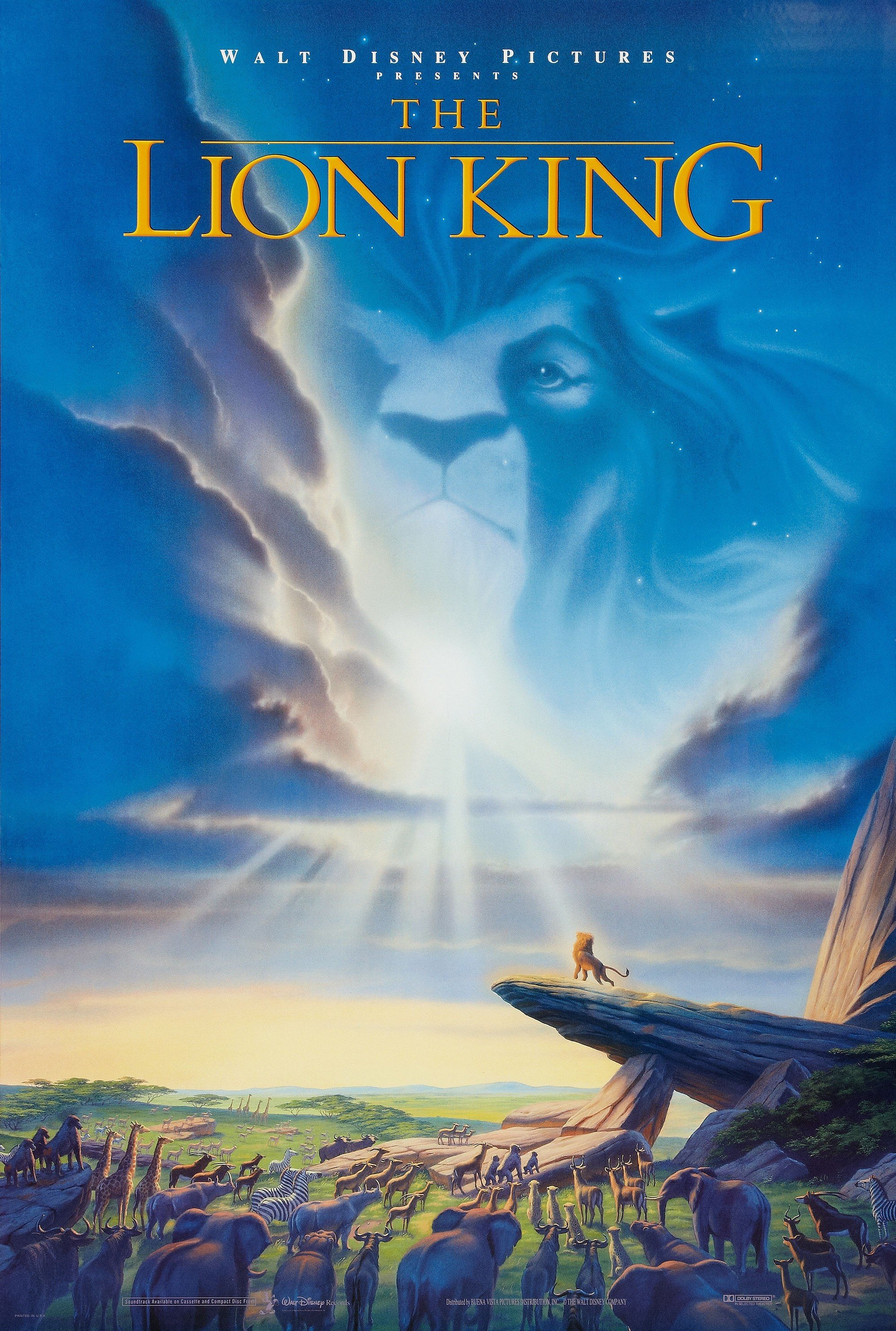





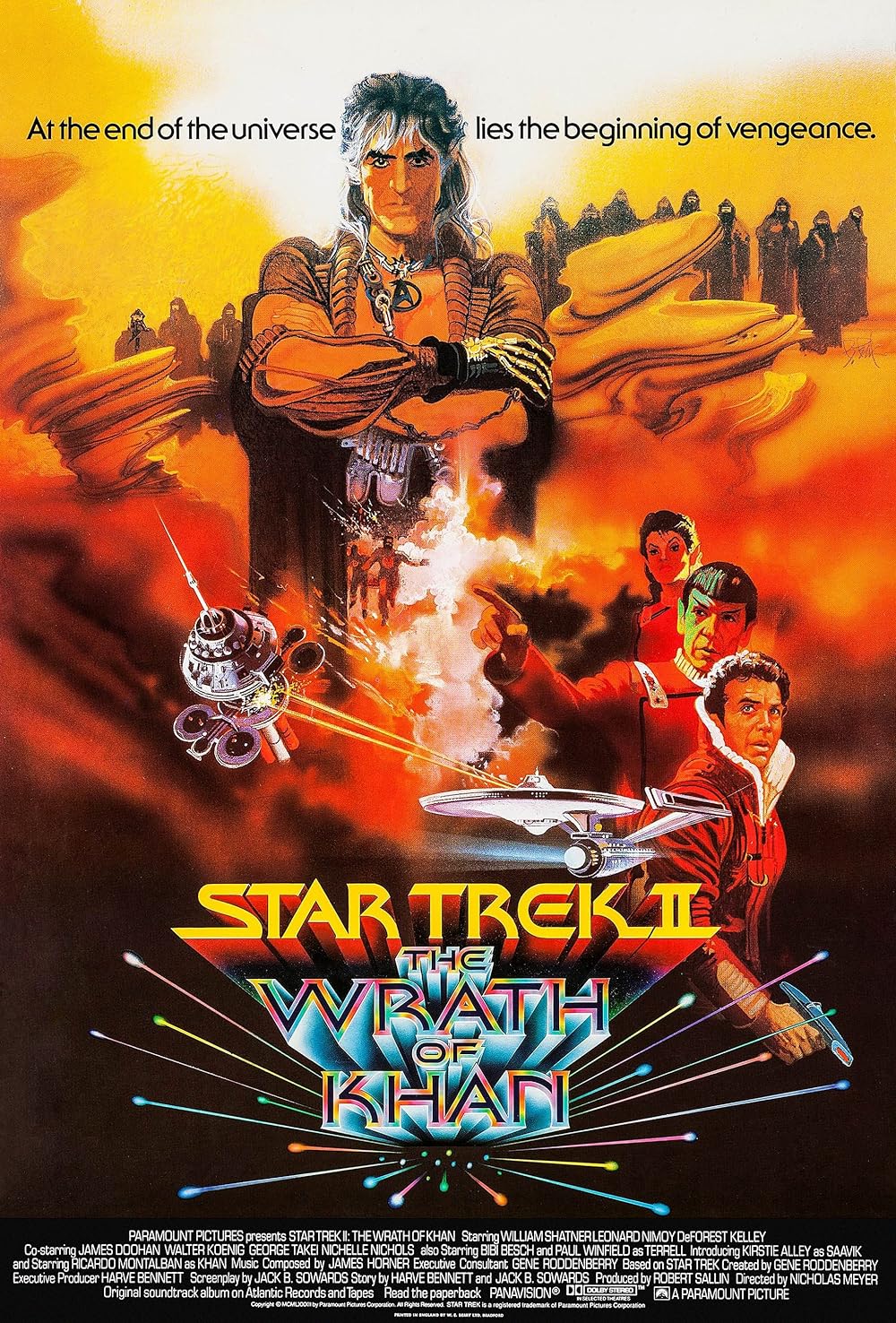







.jpg)











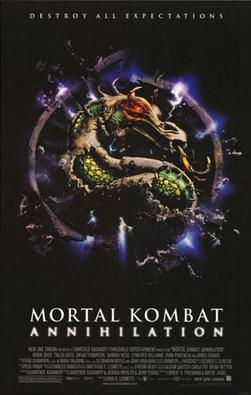
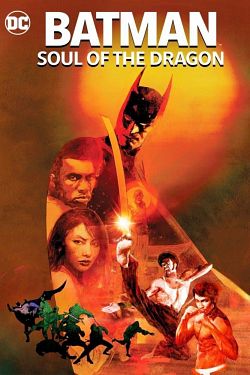




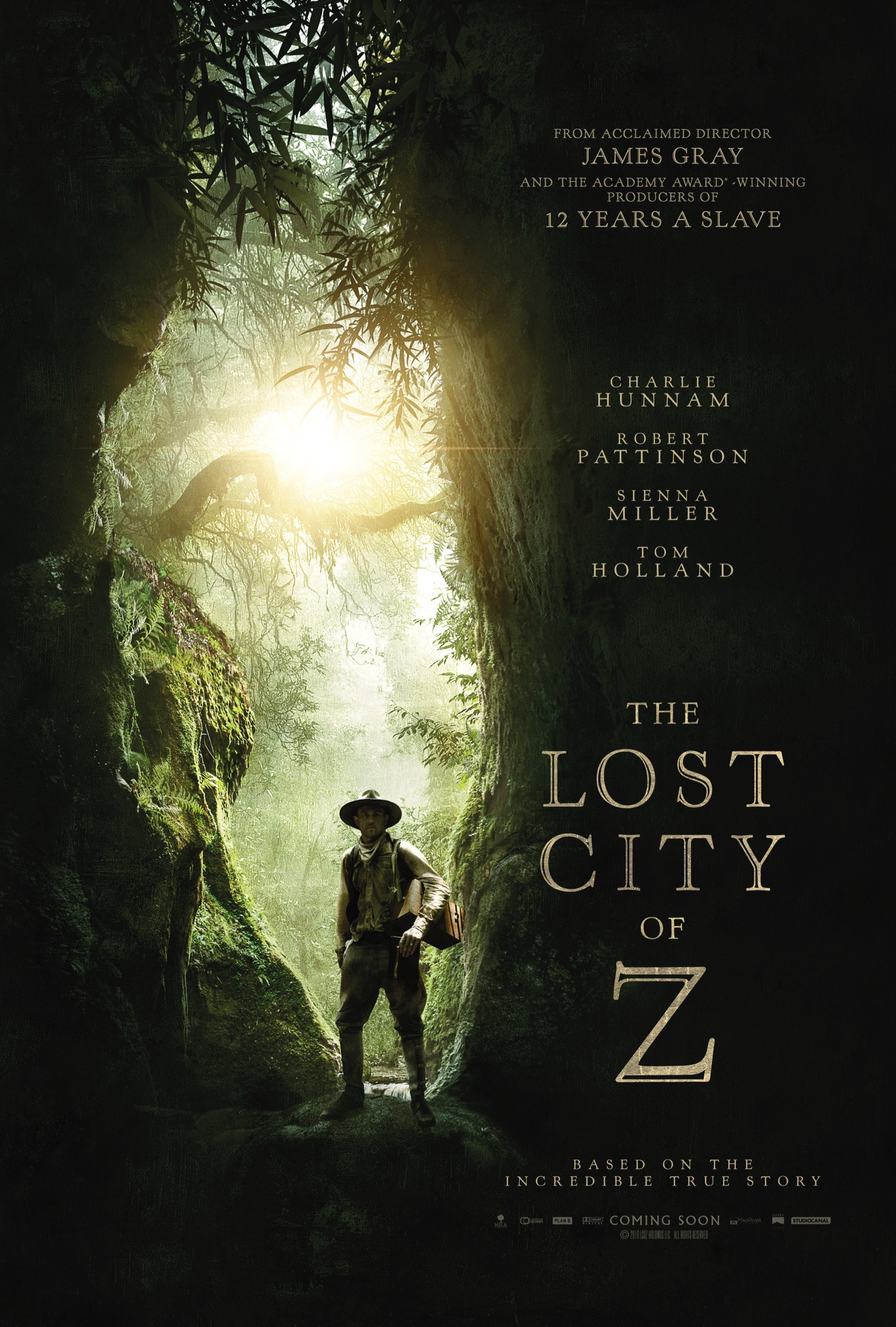









Kommentar